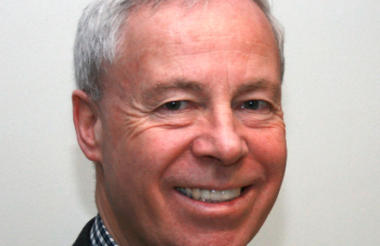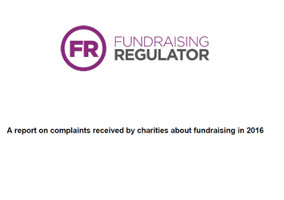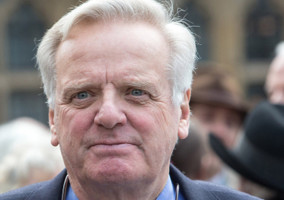Charities should be making sure that their supporters are aware of the Fundraising Preference Service, the chief executive of the Fundraising Regulator said yesterday.
Speaking at the All Party Parliamentary Group on Charities and Volunteering, Stephen Dunmore said it “may not be very palatable”, but that charities should be bringing the public's attention the FPS – the service that allows the public to send a message to individual charities saying that they would like to stop receiving communications.
Dunmore was speaking on the panel at the APPG, which NCVO provides the secretariat for, about whether regulation is improving fundraising standards.
He said that the Fundraising Regulator itself needed to do a better job of marketing itself to both donors and charities, and was asked by Labour peer Baroness Jill Pitkeathley, co-chair of the APPG, about how the regulator would go about doing so.
Dunmore said that there are lots of ways of marketing itself more successfully, but most of these ways cost “a lot of money”. He said that the FPS currently markets itself through the Citizens Advice, but said he thinks they can find more ways of doing that.
He went on to say that he thinks the Fundraising Regulator needs “to work with charities”.
He said: “I also think it is the role of charities as well, and this may not seem very palatable to some of them, but they should be bringing people’s attention on their websites and in their communications to the FPS.”
‘Lawyers don’t want to go near us’
The panel also discussed data protection issues and the changing advice over GDPR.
Speaking about the implications on smaller charities, Dunmore said that “the vast majority of charities probably don’t have data protection issues anyway because they don’t hold personal data in any sense that we would recognise, because they wouldn't do that sort of fundraising”.
Melanie Sallis, head of supporter marketing at the Woodland Trust, who was also speaking at the meeting, disagreed with that assertion and said that most small charities will in fact hold some records of personal data of their donors and members.
Sallis told the panel that for her charity it is a big piece of work to get all of its data in one place, and that it has involved a lot of staff time which detracts its fundraising. She said the Woodland Trust has invested in software that allows it to be more auditable at the request of its trustees.
She said that “unclear guidance has been a big headache” for the charity, and that they have struggled to get legal advice on data protection issues, and said that lawyers “don’t want to go near us”.
Sallis added that as the sector has to change its processes the “biggest issue will be overcoming apathy”.
Not replying to levy requests ‘unacceptable and unprofessional’
Dunmore reiterated points made by the Fundraising Regulator’s chair Lord Grade in August where he said that it was “unacceptable” that charities have yet to respond to levy requests.
Dunmore said: “We do have a hundred or so charities who have not replied to any of our contact about the levy and that is unacceptable, as my chair has said, and he got criticised for this but it is also my view, it is completely unprofessional. It is not unprofessional to agree not to pay the voluntary levy, but it is unprofessional for a charity not to reply.”
‘We let agencies off quite lightly’
Susan Elan Jones, Labour MP for Clwyd South, said that despite their heavy involvement in bad fundraising practices, agencies were “let off quite lightly”.
She said there is “no way most charities, large and small, would put up with” the unethical practices that had been going on in some fundraising agencies.
Editor's note: This story has been edited to clarify that Stephen Dunmore was referring to data protection issues at small charities
Related articles












